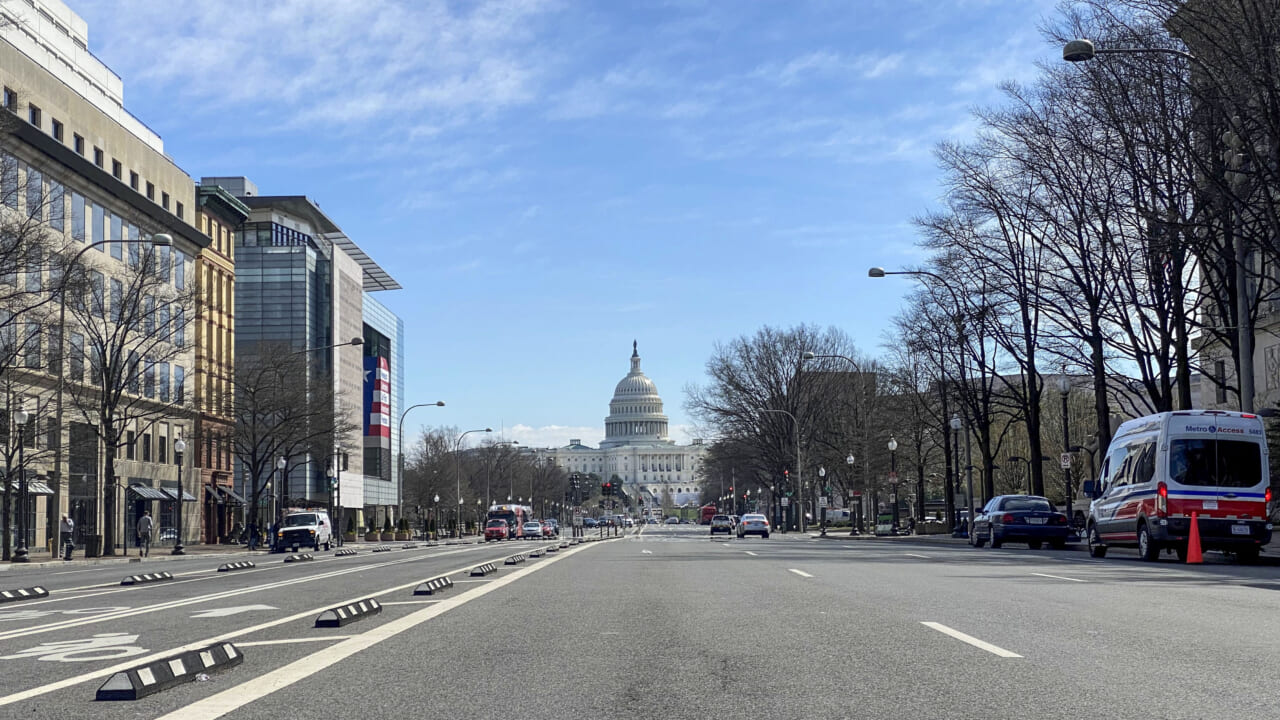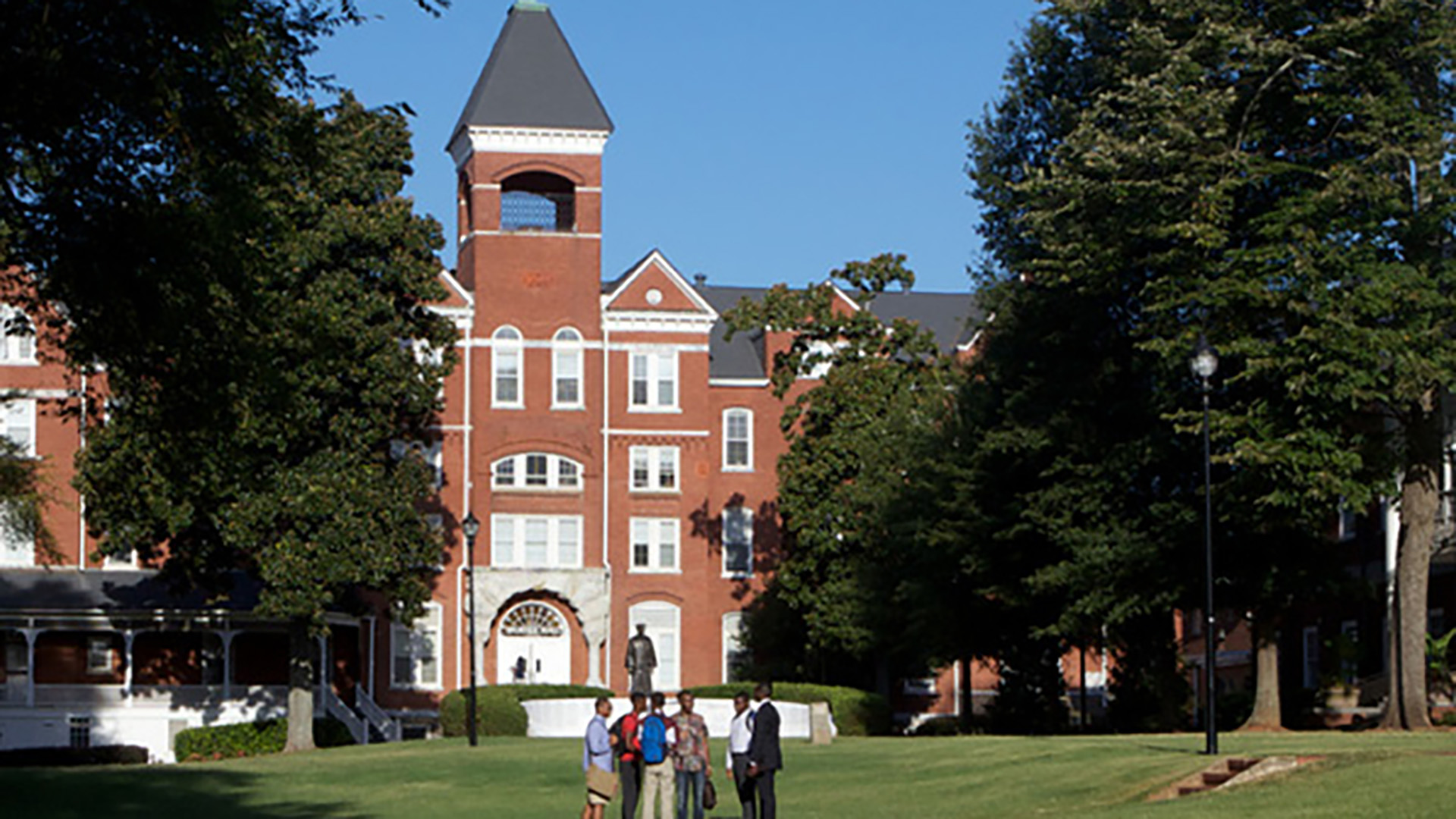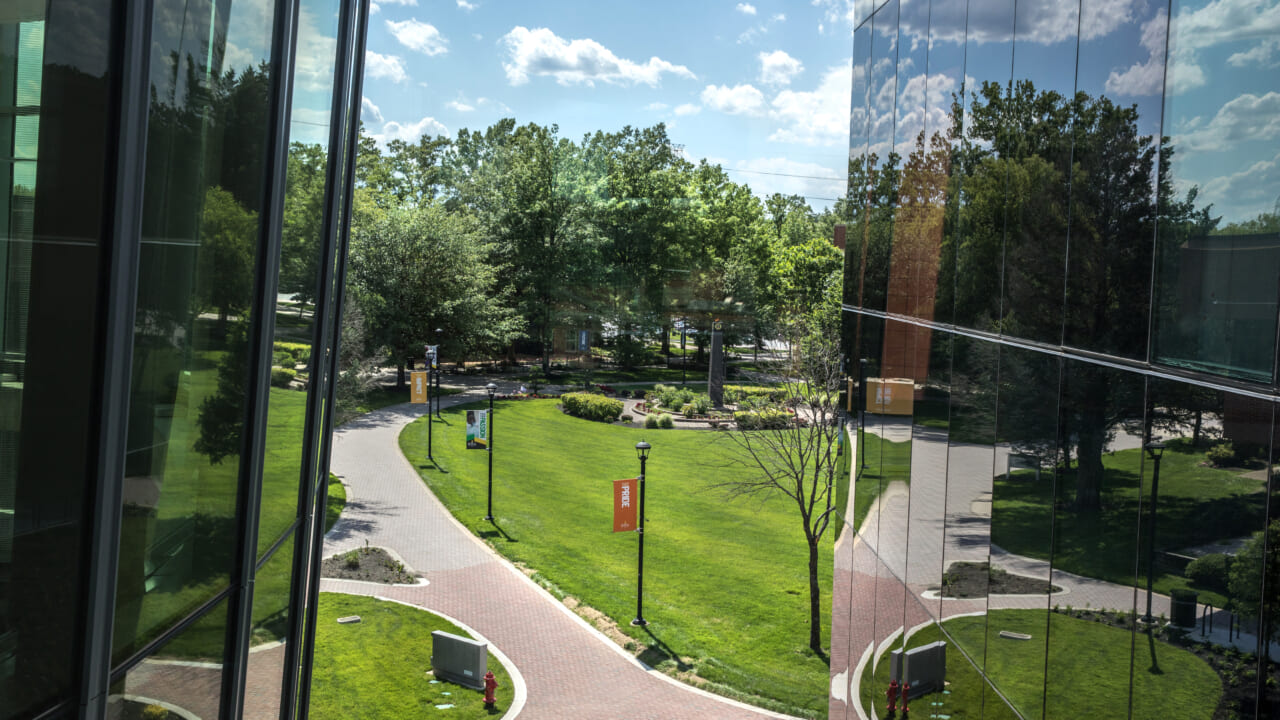How HBCUs are handling the coronavirus pandemic
Emergency protocol for historically Black colleges and universities varies but the goal remains the same: keeping students and staff safe and healthy.

Across the globe, people are facing challenges as the novel coronavirus creates unprecedented disruptions in day-to-day life.
Identified by the Center For Disease Control And Prevention (CDC) as COVID-19, the viral respiratory illness continues to spread rapidly. COVID-19 causes fever, cough, and shortness of breath and can be fatal to vulnerable populations.
READ MORE: Coronavirus declared a pandemic by World Health Organization
In attempts to hinder the spread of COVID-19, places where large gatherings of people typically gather are now seen as temporarily unsafe. The widespread sickness is causing cancelations, postponements and closings. The annual music festival Coachella has moved from April to October.

In sports, the NBA, NHL, MLS, and MLB have all suspended practice and play until further notice. In fact, two NBA players have tested positive for COVID-19. The NCAA’s annual March Madness basketball tournament has also been canceled.
Schools have also been drastically affected by the pandemic. Governors in Ohio, Maryland, New Mexico, and Kentucky have closed all schools for a minimum of two weeks. Many post-secondary institutions have implemented steps to go digital for the remainder of the semester.
On the campuses of the nation’s Historically Black Colleges and Universities (HBCUs), emergency protocol varies but the goal remains the same: keeping students and staff safe and healthy.

READ MORE: Should Black America be worried about Coronavirus?
HBCUs are extending breaks, ending campus activities and moving toward digital learning environments for the remainder of the semester. At Morehouse College, an all-male HBCU in Atlanta, all student activities have been suspended and spring break is extended through March 20.
In-person classes will be moved online beginning March 23 and will run through the end of the spring semester. Students are instructed not to return to campus from spring break and students on campus are instructed to move out of their residences by the 9 p.m. on March 21.
In alignment with all Mississippi Public Universities, Alcorn State University, Jackson State University, and Mississippi Valley State University are extending spring break through March 23.
The schools are transitioning to virtual education methods and encouraging students to remain home. Nestled in the nation’s capital, Howard University plans to move instruction online beginning March 23 through April 6. Howard has also suspended non-essential university-sponsored domestic travel through May 1.
West Virginia State University announced campus will reopen for faculty and staff on March 23 and for students March 25, advising anyone that feels ill to stay home. WVSU has also canceled any student-related travel and campus events which may draw a large crowd. Their decision to remain open may differ from other campuses, however, as of March 13, the state of West Virginia has yet to report any confirmed cases according to CNN.
READ MORE: President Trump blames Obama and CDC for coronavirus outbreak
Still, some students need assistance to manage unforeseen events. The quick spread of coronavirus means these changes are last-minute and some students and staff are not in agreement with the rapid changes.
“I don’t think either university has taken enough precautions,” a Tennessee State University and Alabama A&M University employee, who asked not to be identified, told theGrio. “They both are leaning towards moving to online education and rushing to get faculty up to speed on teaching online. It’s organized chaos on both campuses.”
At TSU, classes will transition from face-to-face to online beginning March 16, with campus remaining open. AAMU is currently monitoring the outbreak and encouraging students to report their travel plans. No cases of COVID-19 have been reported in the state of Alabama.
“To me, there are a few things that they have overlooked or did not take the time to figure out. For example, as far as I know, resident students in all but one of our dorms must leave campus by the end of the week,” Steeven Tabuada, a Bioinformatics major at Bowie State University, told theGrio.
“As for students who are able to stay, we still face issues in terms of where our next meal is coming from. Campus is closed which means the dining halls are closed. We have yet to be updated on whether or not hose will open at all while we are here.”

At Bowie State University, classes remain canceled Friday, March 13 to resume online after spring break starting Monday, March 23. Students should not plan to return to campus until Monday, April 6.
Meanwhile, the campus of Albany State has mandated students not to return to campus from spring break and those who remain on campus to vacate by 5 p.m. on Friday, March 13. Class is suspended through March 27 as the university prepares remote and online instruction modules.
Despite uncertainty, some students are satisfied by their institution’s response to the pandemic.
“As a student, I am afraid as to how this will affect the rest of my semester. Since I have an internship starting two weeks after the semester ends,” said Christian Herrera, a student at Albany State University.
“I am glad that Madam President [Marion Ross Fedrick] is keeping us up to date with the latest information. In a separate email, the rams were told that ASU will hire sanitization crews to disinfect the whole campus.
“This two-week extended break makes me feel safer since a lot of students traveled out of state and even outside the country,” Herrera added. “My self being in the latter category. I have no doubt that ASU will do the right thing keeping all personnel and student interest in mind.”
More About:Health









